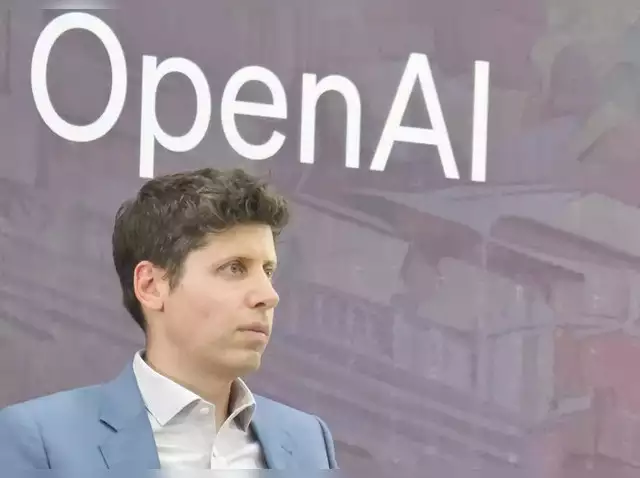OpenAI CEO’s ouster brings EU regulatory debate into focus

The unexpected firing of OpenAI CEO Sam Altman, according to politicians and experts, highlights the need for stringent regulations as the European Union moves closer to enacting a comprehensive set of laws governing artificial intelligence.
Altman, cofounder of the startup that last year kicked off the generative AI boom, was abruptly fired by OpenAI’s board last week, sending shockwaves through the tech world and prompting employees to make threats of a mass resignation at the company.
Across the Atlantic, the European Commission, the European Parliament, and the EU Council have been working through the nuances of the AI Act, a comprehensive set of regulations that would compel some companies to finish lengthy risk assessments and provide data to regulators.
In recent weeks, talks have hit stumbling blocks over the extent to which companies should be allowed to self-regulate.
Brando Benifei, one of two European Parliament lawmakers leading negotiations on the laws said, “The understandable drama around Altman being sacked from OpenAI and now joining Microsoft (MSFT.O) shows us that we cannot rely on voluntary agreements brokered by visionary leaders.
“Regulation, especially when dealing with the most powerful AI models, needs to be sound, transparent and enforceable to protect our society.”
On Monday, France, Germany and Italy had reached an agreement on how AI should be regulated, a move expected to accelerate negotiations at the European level.
According to some experts, the three countries’ support for “mandatory self-regulation through codes of conduct” for individuals utilizing generative AI models is insufficient.
Dutch minister for digitalization, Alexandra van Huffelen said; OpenAI saga underscored the need for strict rules.
“The lack of transparency and the dependence on a few influential companies in my opinion clearly underlines the necessity of regulation.” the Minister said.





